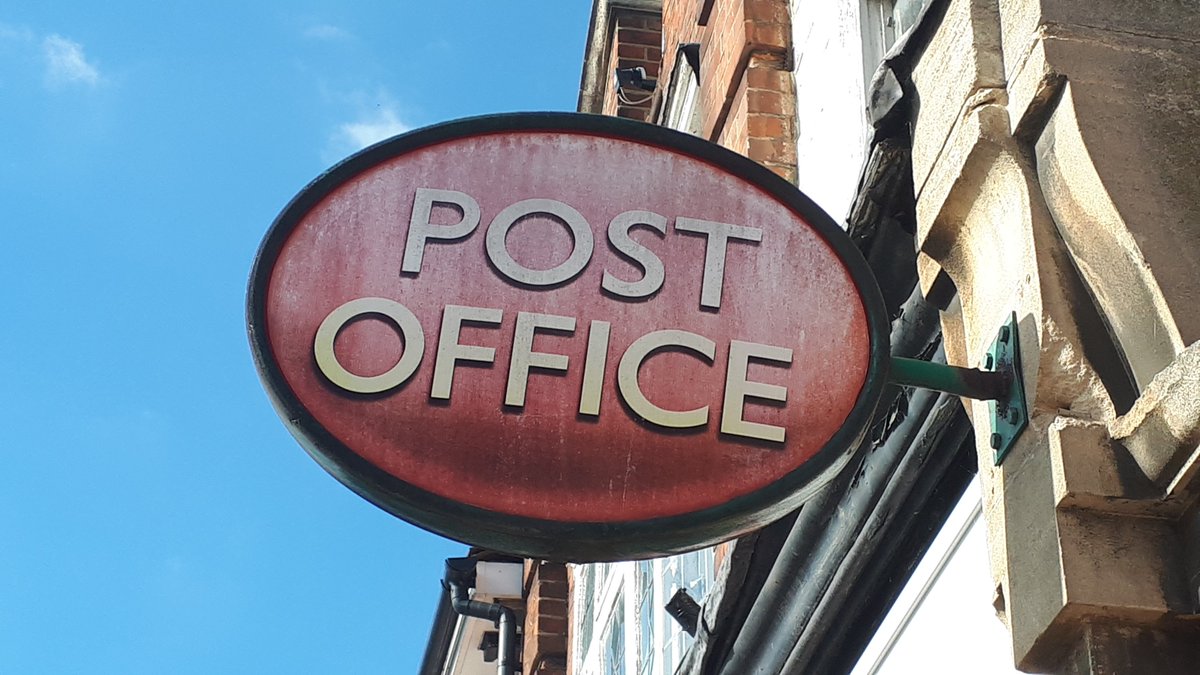Today, we'll be looking at the events of late 1966 and early 1967 directly preceding Nigeria's civil war.
While Awo had always had strong Yoruba opposition to his person during the 1950s from various sections of Yorubaland, his time in prison 1963-66 turned him
The idea was to rally Yoruba elites around a common agenda in what was clearly going to be a decisive moment in Nigerian history. At the meeting, Awo was
Figures of Igbo casualties vary, but estimates run well into tens of thousands, perhaps even up to 100,000 Igbos killed during this period.
"We have pretended for too long that there are no differences between the peoples of Nigeria.
The hard fact which we must all honestly accept as of paramount importance to the Nigerian experiment for the future is that we are different peoples
The key theme from this text is fear: among the Igbos of not being able to live and work safely outside the Eastern Region,
1) Only a peaceful solution must be found to arrest the present worsening stalemate and restore normalcy.
2) The Eastern Region must be encouraged to remain part of the federation.
4) The people of Western Nigeria and Lagos should participate in the ad hoc committee or any
As Kirk-Greene observed, whether Gowon's decree "was designed to forestall secession -would-be Biafra was now to
What is clear is the unequalled point of no return Gowon's decision constituted.
After last-ditch negotiations between Ojukwu and Gowon failed, the former declared the secession of Biafra.
This consolidation of power at the regional level and pursuit of maximum-possible regional autonomy, often at the
The fact Bello, leader of NPC, the majority party in parliament, chose to remain Premier of the
The political debates during these two decades over state creation, the congruence of territorial divisions with ethnic
I then wrote a conclusion chapter summarizing my findings which were focussed on these leaders' grand narratives and the linguistic strategies they deployed in group-identity construction and in trying to make their various arguments as convincing as possible.
Brothers and sisters, my plans include combining parts of my thesis with other material I've been working on into a book.
Then you guys can tell me whether you think my arguments make sense or not. Deal?😃
You are the hope of the millions too busy hustling for basics like food to be here on Twitter.
I hail you.











